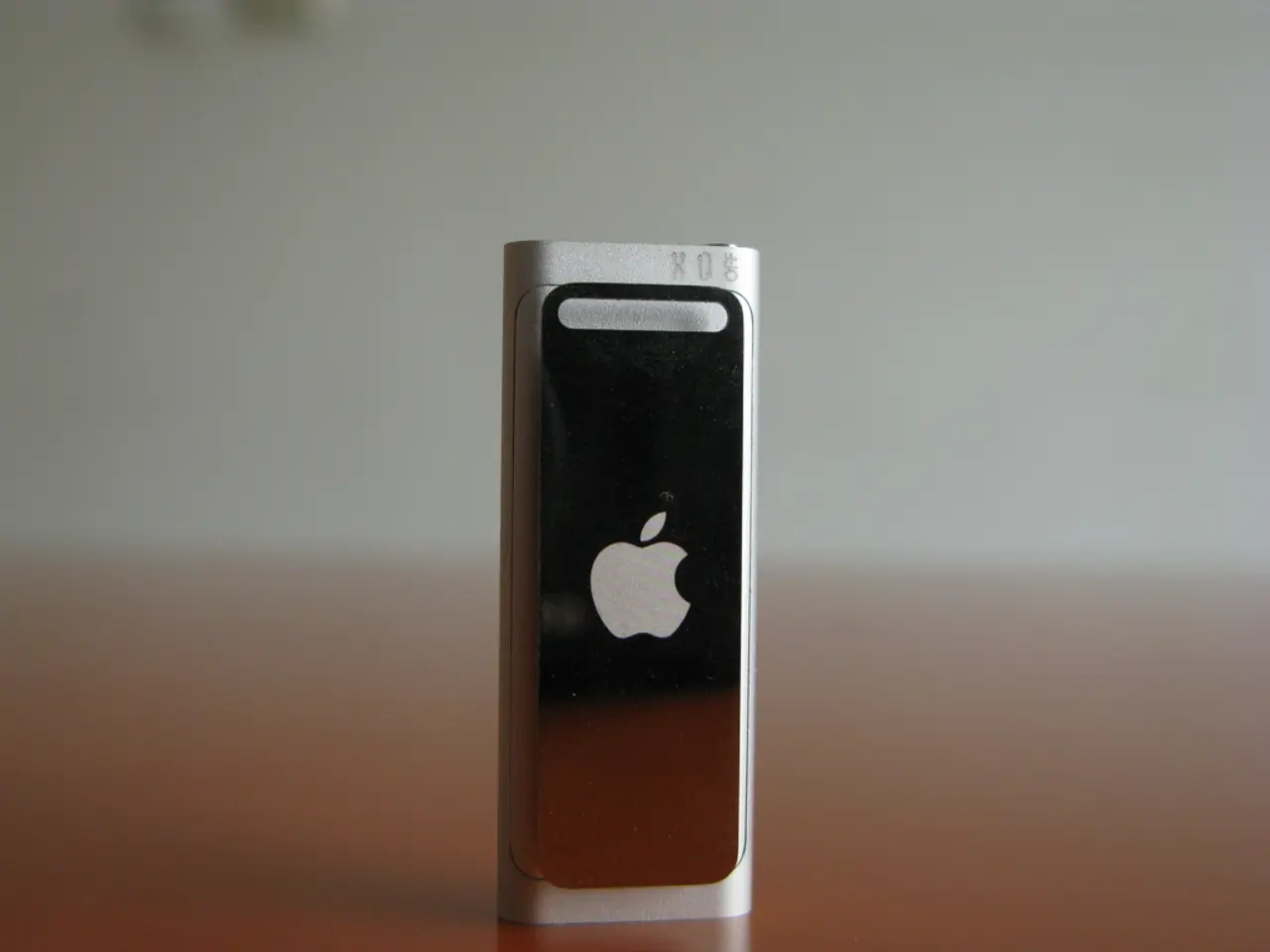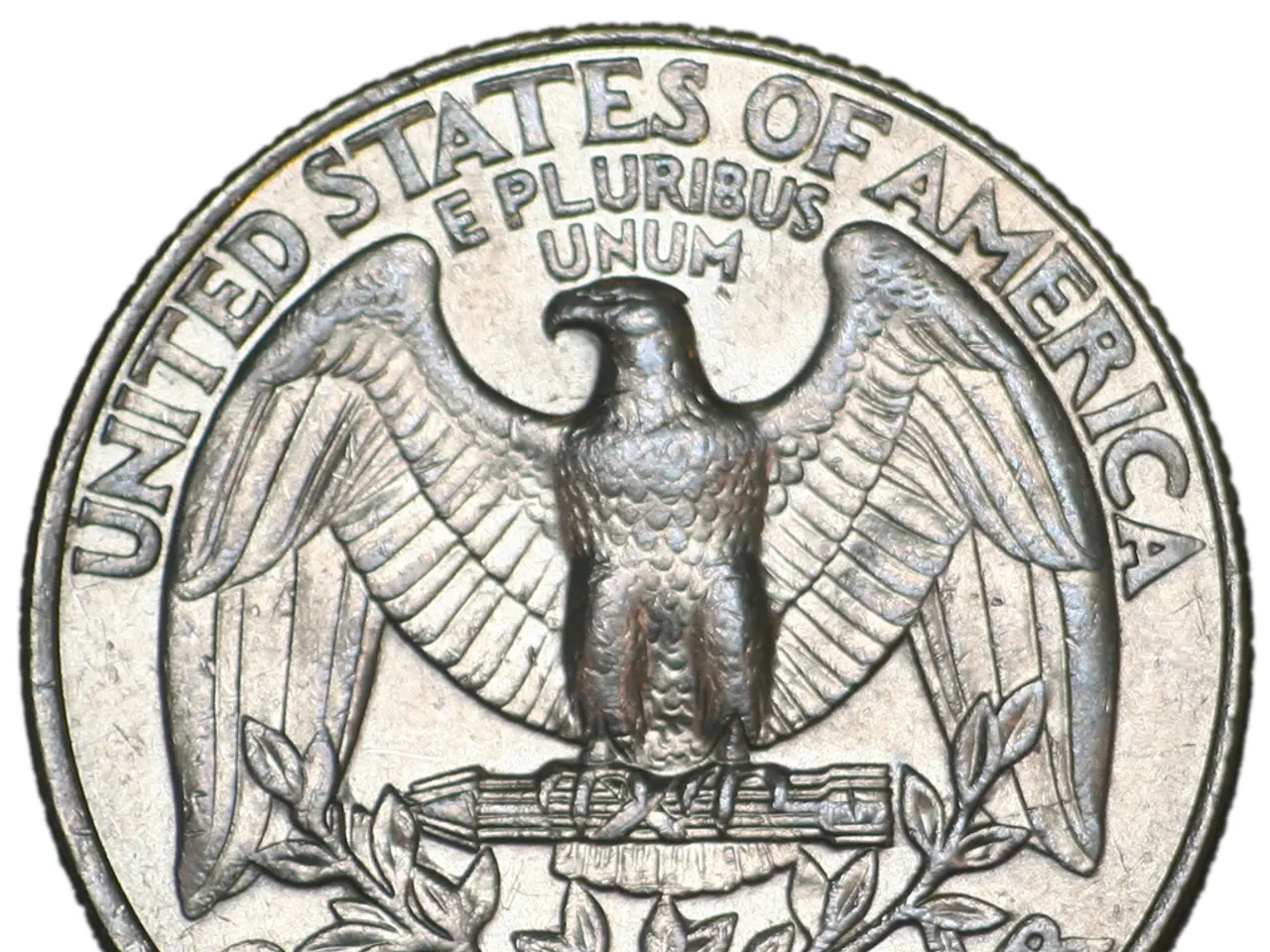American AI Company Sued for Breach of Copyright by Yomiuri Newspaper
Yomiuri Shimbun Files Landmark Lawsuit Against AI Company Perplexity
In a groundbreaking move, Japan's largest newspaper, The Yomiuri Shimbun, has filed a lawsuit against US-based AI company, Perplexity, over the unauthorized use of its news articles[1][2][3]. The lawsuit, filed in Tokyo District Court in August 2025, seeks approximately 2.2 billion yen in damages and a ban on Perplexity's use of Yomiuri’s articles[1][2].
According to the lawsuit, Perplexity AI allegedly scraped and reproduced content from around 119,467 to 120,000 Yomiuri online articles without permission between February and June 2025[1][2][3][5]. The AI-powered search engine uses these articles to generate summarized answers and images, which Yomiuri argues directly competes with its digital offerings and amounts to "free-riding".
The Yomiuri Shimbun claims that tolerating unauthorized use of articles could negatively impact accurate news reporting and impact the financial sustainability of news organizations. The newspaper is seeking a court judgment on proper AI use and discipline as the technology proliferates[1][2][3].
This lawsuit highlights Japan's stricter emerging stance on intellectual property protection in the AI era, contrasting with historically more permissive attitudes toward AI training data. Japan’s Copyright Act prohibits reproduction without consent, which Yomiuri argues Perplexity violated[2][4].
The case follows a wave of similar lawsuits worldwide by major news outlets—primarily in the U.S.—against AI firms like OpenAI and Microsoft for unauthorized use of copyrighted news materials. Over 30 news organizations in the West are engaged in such disputes, reflecting escalating global scrutiny of AI content use[2][4].
The implications of the lawsuit include setting a legal precedent in Japan for copyright enforcement against generative AI companies using news content, potentially influencing AI companies to seek licenses or establish agreements with news organizations, and highlighting the tension between technological innovation in AI and protection of intellectual property and journalistic integrity.
In summary, this landmark lawsuit by Yomiuri Shimbun against Perplexity AI underscores the growing conflict between traditional media and AI firms over unauthorized content use, with significant legal, economic, and ethical consequences for Japan and internationally[1][2][3][4][5].
References: 1. The Yomiuri Shimbun 2. Nikkei Asia 3. Reuters 4. The Wall Street Journal 5. Kyodo News
- The Yomiuri Shimbun alleges that Perplexity AI used its news articles without permission for generating summarized answers and images, a practice the newspaper sees as competing with its digital offerings and a form of "free-riding" that could negatively impact accurate news reporting and the financial sustainability of news organizations.
- The AI-powered search engine's unauthorized use of Yomiuri's articles also raises questions about the appropriate use of technology in the AI era, potentially influencing AI companies to seek licenses or establish agreements with news organizations as Japan and other countries heighten their stance on intellectual property protection.




